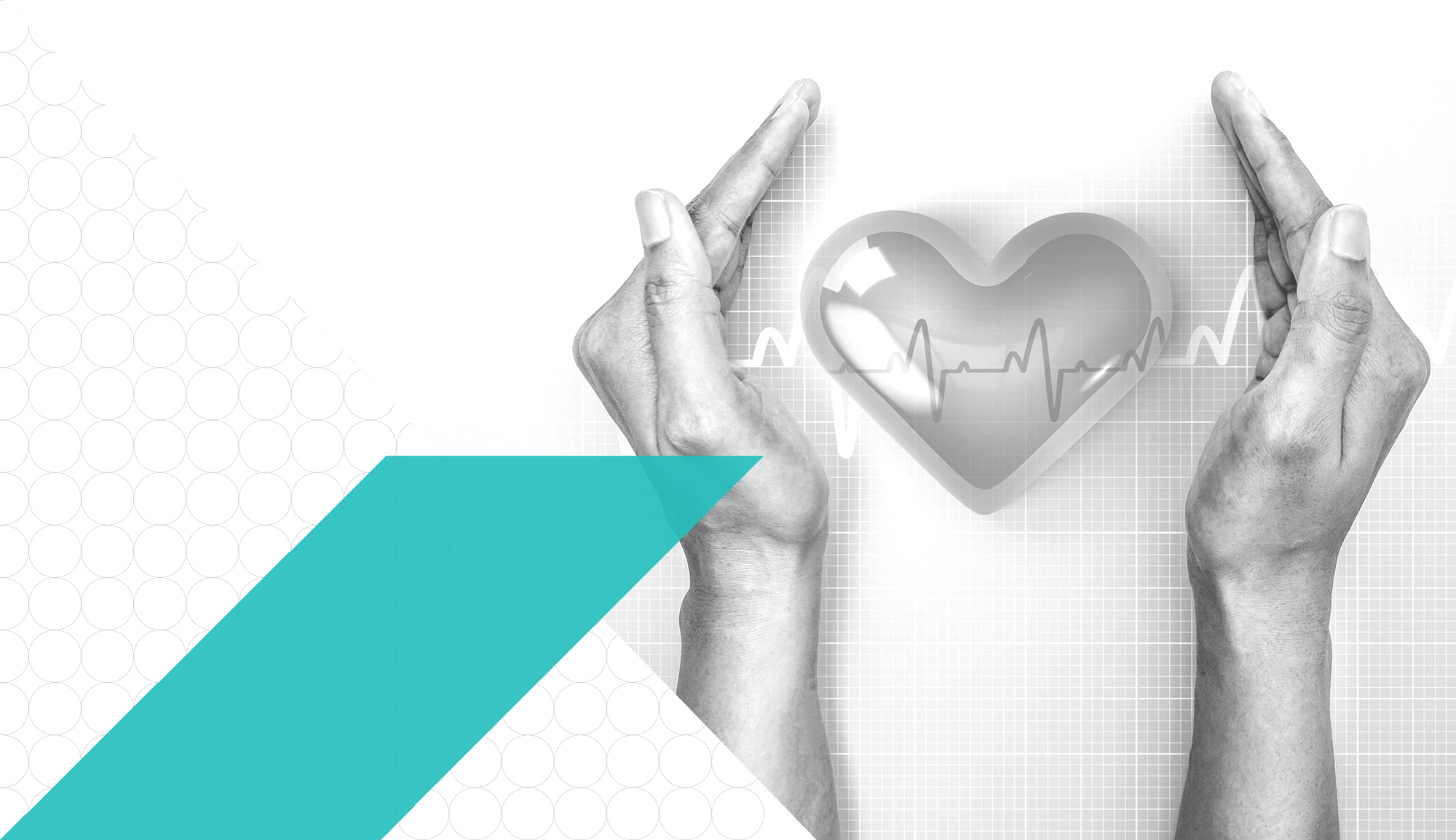Expanding Population Health Capabilities to Address Health Disparities

Advancing health equity through robust, race, ethnicity, and language (REaL) data
The Client
Community Health Care Association of New York State (CHCANYS) is a non-profit, membership organization that represents more than 70 community health centers (CHCs) that provide care for 2.3 million people at more than 800 locations. In 2013, CHCANYS launched the Center for Primary Care Informatics (CPCI), a data warehouse and reporting platform, powered by Azara DRVS, in collaboration with Azara Healthcare. CPCI has allowed the organization and its CHCs to apply for and manage grant funding to improve population health and prepare for value-based care, among other initiatives.
The Challenge
Racial, ethnic, and linguistic disparities in healthcare are prevalent in the U.S., negatively impacting quality of life and leading to higher rates of illness, poor health outcomes, and premature death. With the CMS Framework for Health Equity and a greater emphasis across the industry to address disparities, collecting, analyzing, and reporting accurate, meaningful, and actionable demographic and SDOH data is critical for ensuring equitable access.
In 2022, CHCANYS began seeking out new solutions to overcome the barriers that were arising in their statewide health equity efforts. For starters, the race, ethnicity, and language options mandated through UDS reporting were rolled up into categories that did not accurately represent the communities the CHCs are serving. When looking across the network, CHCANYS also noticed high percentages of unreported demographic data, likely due to patients’ lack of health literacy, confusion about the differences between race and ethnicity, and mistrust about how their data would be used. Inconsistent workflows and a lack of confidence among staff in facilitating conversations about race and ethnicity made collecting accurate data even more of a challenge.
CHCANYS needed a way to efficiently integrate disparate data from CHCs across the state and gain a higher level of specificity to enable better alignment between how patients identified and the groupings for reporting. With more robust, representative, and meaningful data, they would be better able to make informed decisions about care delivery, operations, and interventions to address health disparities.
The Solution
As a trusted partner since 2012, Azara and CHCANYS expanded their engagement and launched a new collaboration: expanded race, ethnicity, and language (REaL) features and functionality powered by Azara DRVS in CPCI.
Using data from the United States Census Bureau to determine REaL categories most relevant to New York State, Azara then developed and launched the REaL capability across the network, providing CHCs the ability to map and analyze patients’ self-reported data at a more granular level and identify disparities. With this solution, CHCs gathered existing data from their EHRs, mapped the data to custom-defined categories, and stratified and filtered patient populations and outcomes with a new level of granularity.
From this work, REaL groupings were made available to all DRVS users on patient-based measures and functionality including dashboards, registries, and scorecards to enable meaningful insights across DRVS.

To support functionality rollout, CHCANYS worked with CHCs to implement new, simplified workflows to effectively capture data, and delivered trainings to support staff on screening patients using a cultural humility approach. Azara & CHCANYS also collaborated to provide training and technical assistance to improve data collection, analysis, and reporting; and identify strategies to analyze and respond to data to advance health equity.
CHCs are now using the data insights to inform and confirm hypotheses about health disparities and barriers, identify affected patient populations, tailor and track interventions, and manage referrals to services. By layering patient language preferences over provider panel assignments, CHCs are better able to redistribute patients to providers who spoke their primary language, enabling trusted relationships and improved health outcomes. Other opportunities include stratifying hypertension control outcomes by the expanded ethnicity categories, allowing CHCs to identify disparities and introduce culturally-informed interventions.
The Results
Between 2022 and 2023, Azara expanded race groupings by 161% and ethnicity by 2,500%. Language groupings were streamlined and better represented the languages spoken by patients across New York State. With the ability to stratify their data across all the values, REaL insights allowed CHCs to more accurately identify patient populations who were experiencing care gaps and compare outcomes, address health inequities, improve patient care, and provide services that close care and SDOH gaps.
“With REaL data, we expanded race, ethnicity, and language groups by 3X, enabling CHCs to more accurately identify and stratify patient populations, and address clinical and SDOH needs more efficiently and with greater insight.”
- Derrecia Graham, Program Manager, Clinical Excellence & Innovation, CHCANYS
A Look Ahead
In collaboration with Azara Healthcare, CHCANYS continues to leverage and combine REaL data with SDOH data to address upstream barriers to care and develop new population-based interventions. CHCANYS is also exploring Azara Patient Outreach (APO) which enables patient engagement through text message programs that automatically track responses and follow-ups, adjust outreach efforts, and quantify results.
“With Azara’s new capability, we’ve been able to use language data to identify disparities and actively engage them with increased outreach to close care gaps.”
- Karlin Bacher, Director of Clinical Quality Improvement, Jericho Road Community Health Center
Begin your transformation today!
Learn how Azara DRVS can support your organization by exploring resources available in the DRVS Help section, contacting your client success manager, or emailing solutions@azarahealthcare.com.

